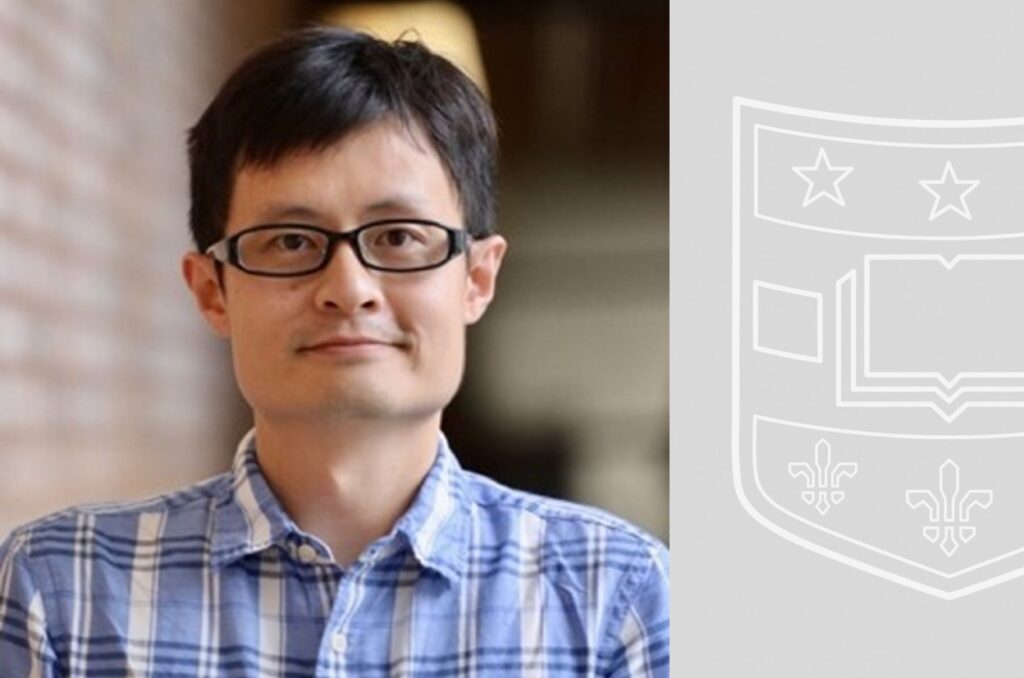Dr. Yi-Chieh “EJ” Perng joined the Department of Medicine in the Division of Rheumatology as an instructor in July, 2020.
Dr. Perng pursued his graduate training at Washington University in the laboratory of Dr. Dong Yu. His PhD studies were focused on establishing a reverse-genetic system that allowed him to investigate the function(s) of genes that were known to be essential for the replication of human cytomegalovirus (HCMV). After establishing a conditional genetic approach that allowed him to study these genes, he then pursued a series of studies characterizing a novel HCMV gene, UL79. He was able to demonstrate that UL79 functions to regulate late gene expression. Through the utilization of proteomic approaches he identified RNA polymerase II subunits and novel viral transactivators as protein binding partners with UL79. Additional analysis revealed that UL79 regulated the rate of RNAP II transcriptional machinery. This work resulted in two first author publications in the Journal of Virology and in PLoS Pathogens. In addition, it helped to identify HCMV antiviral candidates that are based upon a host-directed therapy (HDT) strategy.
Since receiving his PhD, Dr. Perng has continued to work in the area of virology, now shifting his emphasis to host pathogenesis. He has been pursuing post-doctoral studies in the laboratory of Dr. Deborah Lenschow. His current work is focused on defining the function of an important host interferon induced gene, ISG15. Through a series of biochemical and in vivo studies, he has shown that ISG15 can non-covalently bind to components of the RIPK3 necrosome complex and that it then functions as a negative regulator of RIPK3 dependent activities including programmed cell death such as necroptosis and apoptosis, and RIPK3 dependent inflammatory responses. Most importantly, he found that this regulatory pathway plays a critical role in host responses to viral infections, such as Chikungunya virus, and ischemic reperfusion injury models of renal injury. These exciting findings are currently being prepared for submission.
In addition to continuing his current work on ISG15, he is also spearheading efforts in the lab to study host responses to SARS-CoV2 and to develop therapeutics targeting this novel virus. He has played an integral role in setting up key collaborations with investigators both inside and outside of the Washington University community.
